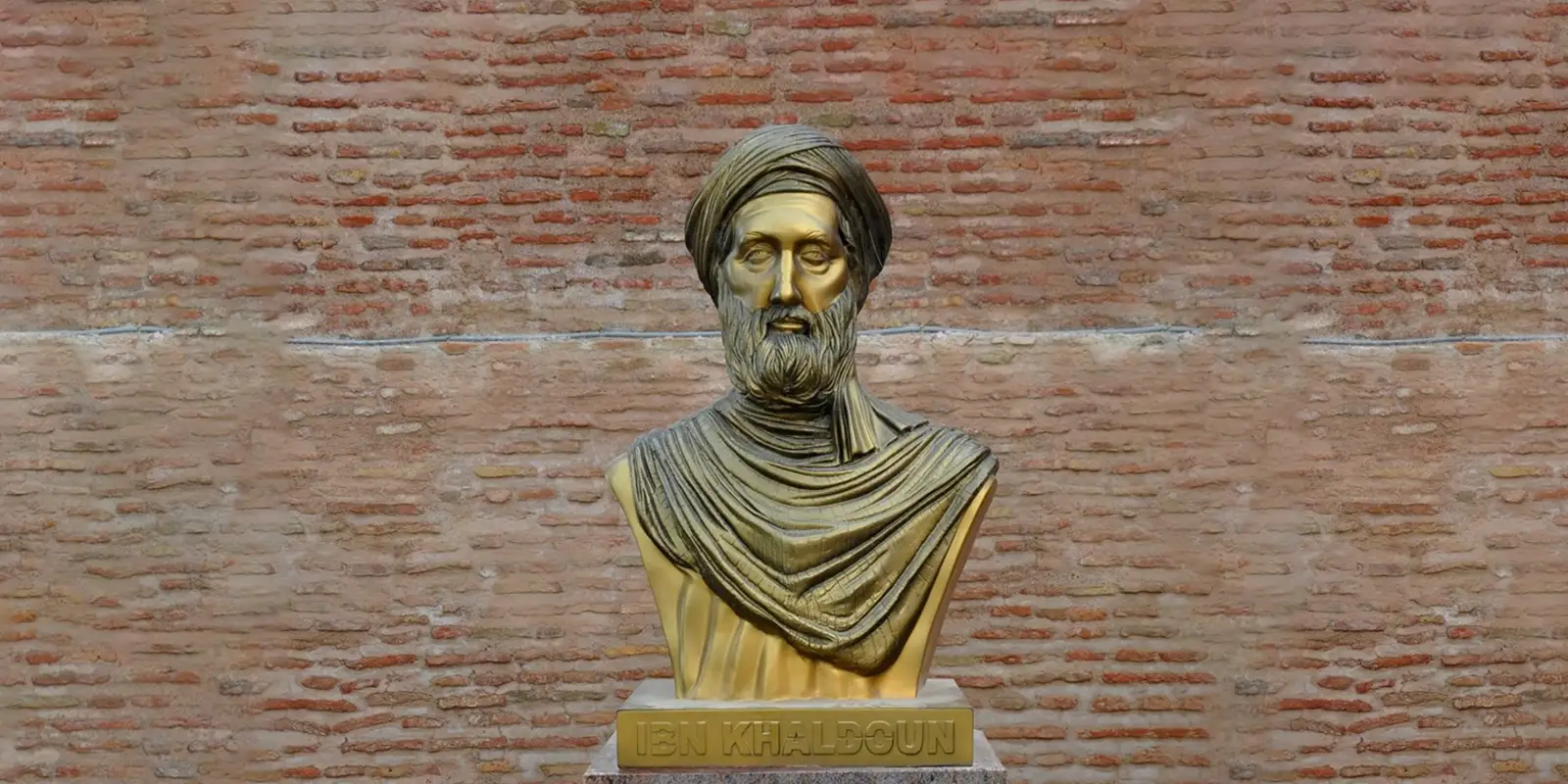Tahir Maqsood Chheena
There are moments in history when the wisdom of the past becomes a mirror too sharp to look into. Ibn Khaldun’s reflections, written seven centuries ago, feel hauntingly relevant today — as if he were not observing the medieval ruins of empires but foretelling the moral and intellectual decay of our own age. His lament about conquered nations imitating their conquerors speaks directly to societies that have lost confidence in themselves, where borrowed grandeur replaces original thought, and where imitation has become the last refuge of the defeated.
When nations fall under domination — whether military, cultural, or psychological — they begin to glorify the very forces that subdued them. They adopt the victor’s symbols, styles, and even arrogance, mistaking mimicry for progress. Their elites wear the conqueror’s attire, adopt his language, and celebrate his customs, believing that power resides in resemblance rather than in substance. It is not admiration — it is surrender disguised as sophistication. And in that surrender, they lose not only independence but dignity.
Follow Republic Policy on YouTube
Ibn Khaldun wrote that a conquered society gradually abandons its moral compass. As darkness lengthens, individuals become slaves to appetite and fear. The pursuit of truth and virtue is replaced by the hunger for survival — bread and bodily desire become the only purposes of existence. In such a world, intellectual honesty becomes dangerous, and hypocrisy turns into a currency of success. What was once a civilization slowly transforms into a crowd — restless, fearful, and ready to serve any master.
When states decay, Ibn Khaldun warned, charlatans multiply. They come as fortune-tellers, hypocritical clerics, greedy poets, false scholars, and opportunist politicians. Truth becomes entertainment, and entertainment becomes ideology. The market is full of noise — slogans sold as faith, lies sold as patriotism, and ignorance masquerading as wisdom. The honest lose value, the wise are mocked, and mediocrity becomes the new merit. The result is a society unable to distinguish between sincerity and spectacle.
Follow Republic Policy on Facebook
In times of ruin, fear replaces reason. People retreat into tribes, sects, and echo chambers, searching for safety in numbers. Collective hysteria becomes easier than collective reform. Suspicion grows while solidarity fades. Truth sounds like rebellion, and lies echo like unity. Hope dies quietly, and despair takes its place as a national sentiment. The faces of courage disappear from public life, replaced by the familiar faces of opportunism — polished, loud, and hollow.
Follow Republic Policy on TikTok
As Ibn Khaldun foresaw, when chaos deepens, migration becomes the only dream. The homeland turns into a temporary stopover; its fields empty, its youth vanish, and its cities become museums of nostalgia. Those who remain begin to live in stories of what once was, not in visions of what could be. Patriotism shrinks from devotion to geography. The flag becomes a relic, not a rallying cry. The soul of the nation is reduced to a suitcase.
Follow Republic Policy on Instagram
Today, his words read not as a lesson from the past but as a verdict on the present. He saw what we refused to see — that decay begins not in loss of territory but in loss of conviction. Nations do not fall because they are invaded; they fall because they imitate. They stop creating, questioning, and believing in their own moral compass. They celebrate power without principles and freedom without responsibility.
Follow Republic Policy on WhatsApp Channel
Ibn Khaldun was not reading our future; he was describing an eternal pattern — that civilizations die not by the sword but by imitation. His compassion was not for the conquerors but for the conquered who, in forgetting their worth, forfeit their destiny. If there is a warning for us, it is simple yet profound: nations that stop thinking for themselves, stop existing for themselves. And if we do not awaken to this truth, history will not need to repeat itself — we are already living its repetition.
















